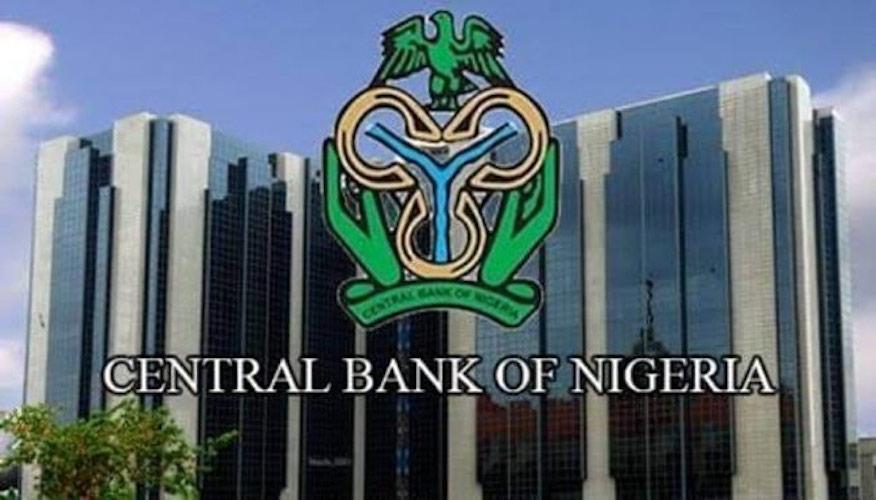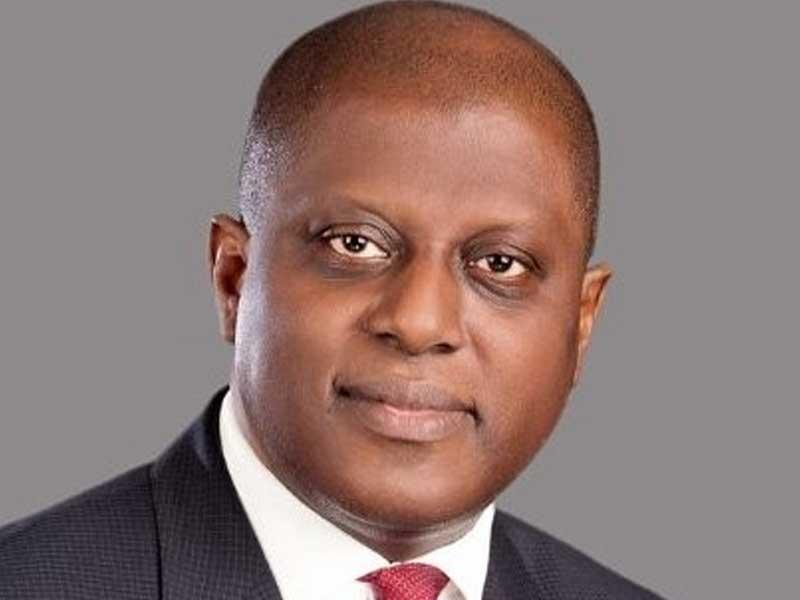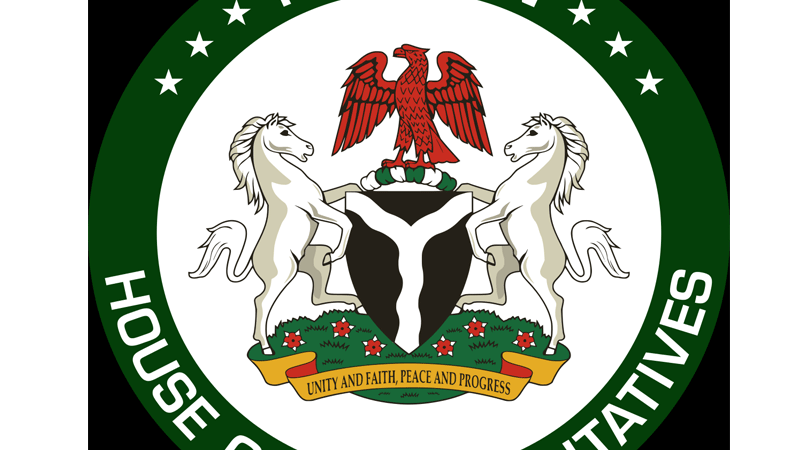Davidson Iriekpen
The Central Bank of Nigeria (CBN) has asked the Court of Appeal in Abuja to determine whether it can be compelled to engage a team of private auditing firms to conduct forensic audit of a micro-finance bank at the behest of an aggrieved shareholder as against its statutory duty of conducting special examination of banks and other financial institutions.
The CBN appeal was sequel to an order made recently by a judge of the Federal High Court in Abuja, Justice Binta Nyako, who held that auditing and special examination of a bank are the same.
According to the judge in her decision: “What calls for distinction… is can ‘forensic audit’ be equated to a ‘special examination or investigation’. An audit is defined as an ‘official inspection’ (financial) of a company’s account. It is an ‘examination’. Forensic means ‘used in’ it is ‘argument’ i.e. ‘interpretative’ so when the two are combined, it only means interpretative examination’ using scientific words. In order words ‘forensic audit’ only means ‘interpretative examination’. Thus the provision of Section 33 is not different from what the Applicant has requested for.â€
CBN in its notice of appeal challenging the decision which THISDAY cited, contended that the trial judge erred in law in her interpretation as the resort to definition of ‘forensic audit’ and equating same with the phrase ‘special examination’ is contrary to the provisions of Section 29, 31 and 33 of Banks and Others Financial Institutions Act (BOFIA) Cap B3 Laws of the Federation of Nigeria, 2004.
It also contended that audit of a financial institution is governed by the provisions of Section 29 of BOFIA which vest the power with the financial institution concerned while ‘special examination’ of a financial institution is vested in CBN courtesy of the provisions in Sections 32 and 33 of BOFIA.
The apex bank also contended that an auditor appointed by a financial institution pursuant to Section 29 of BOFIA is empowered to look for any irregularity which jeopardise the interest of depositors or creditors of the financial institution concerned, or any other irregularity that had occurred while special examination entailed examining or investigating whether the bank has been carrying on its business in a manner detrimental to the interest of its depositors and creditors, or that the bank has “insufficient†assets to cover its liabilities to the public or that the bank has been contravening the provisions of BOFIA, among others.
It also cited the provisions of sections 357,359 and 360 of Companies and Allied Matters Act which vests the annual general meeting of a limited liability company with the powers to appoint auditors to audit the financial statements of the company.
The bank also contended that the reliefs sought by the plaintiff/1st respondent under Section 33(1)(e) of BOFIA were misconceived and ought to have been dismissed by the judge.
In the substantive suit, Prof. Ndi Okereke Onyiuke had sued the CBN, one of its Deputy Governors, Dr. Okwu Nnanna, a Deputy Director in Other Financial Institution Department of the CBN, Mr. Emmanuel Zakari and Hasal Microfinance Bank Limited who are 1st to 4th defendants respectively.
She had requested the Federal High Court to direct the apex bank to set up a team of external auditors to conduct a forensic audit on Hasal Microfinance Bank, one of the leading micro-finance banks based in Abuja.
The former Director General of SEC had contended that sequel to section 33 (1)(e)(i) of BOFIA and guidelines for the regulation of Microfinance Bank, the CBN has the powers to conduct an approved audit of a financial institution upon a complaint of the chairman/director or creditor regarding allegation of corrupt practices, fraud and deliberate malfeasance against the management of the micro-finance bank.
But Justice Nyako ruled that the two words: “forensic audit and special examination are the same that can be used interchangeably.â€
The court consequently ordered the CBN to constitute a team to examine the Hasal Microfinance Bank but did not specify who bears the cost of the exercise.
She held that Onyiuke as a shareholder, director and chairman of Hasal Microfinance Bank, was qualified to request the Governor of the CBN to order a forensic audit of the bank.
Justice Nyako in her judgment had also absolved Nnanna and Zakari of any wrongdoing for ‘refusing and delaying to conduct forensic audit on Hasal Microfinance Bank’ as alleged by the plaintiff.
She held that she did not see the proof of any conduct of bad faith alleged against the two officers of CBN and consequently dismissed a prayer that the duo should be compelled to tender apology to her in two national newspapers for what she described as ‘offensive’ conduct regarding their purported supervision of the affairs of Hasal Microfinance Bank,’. The court held that the two respondents did not do anything that would warrant public apology.
The court however, advised that since the plaintiff did not want Nnanna and Zakari to be personally involved in the audit exercise, CBN should recuse them from so participating.
Meanwhile the management of the micro-finance bank in the centre of the storm has equally appealed against the judgment of Justice Nyako and has followed same with an application for stay of execution of the judgment pending the determination of appeal.
No date has been fixed for the hearing of the appeal.




